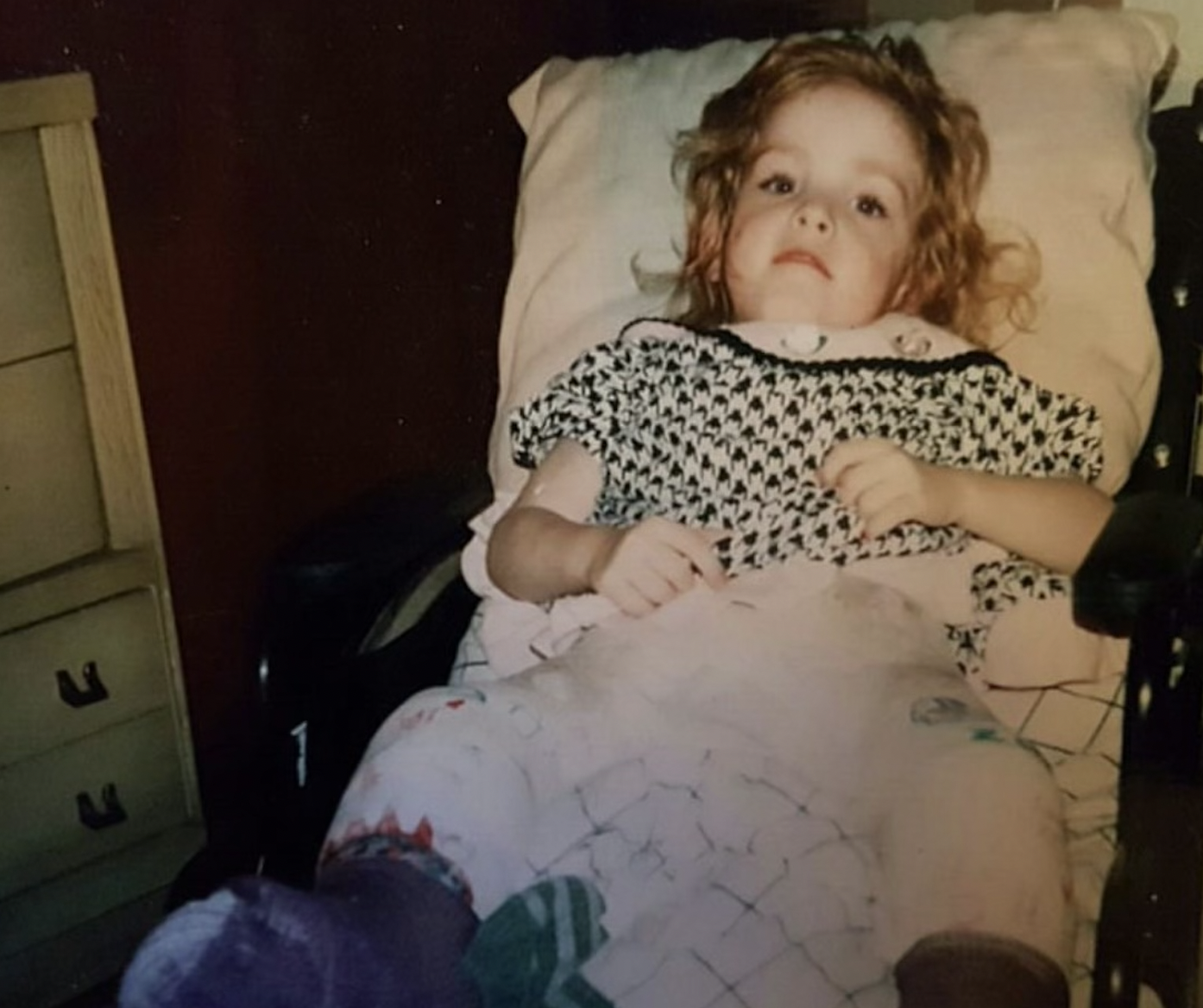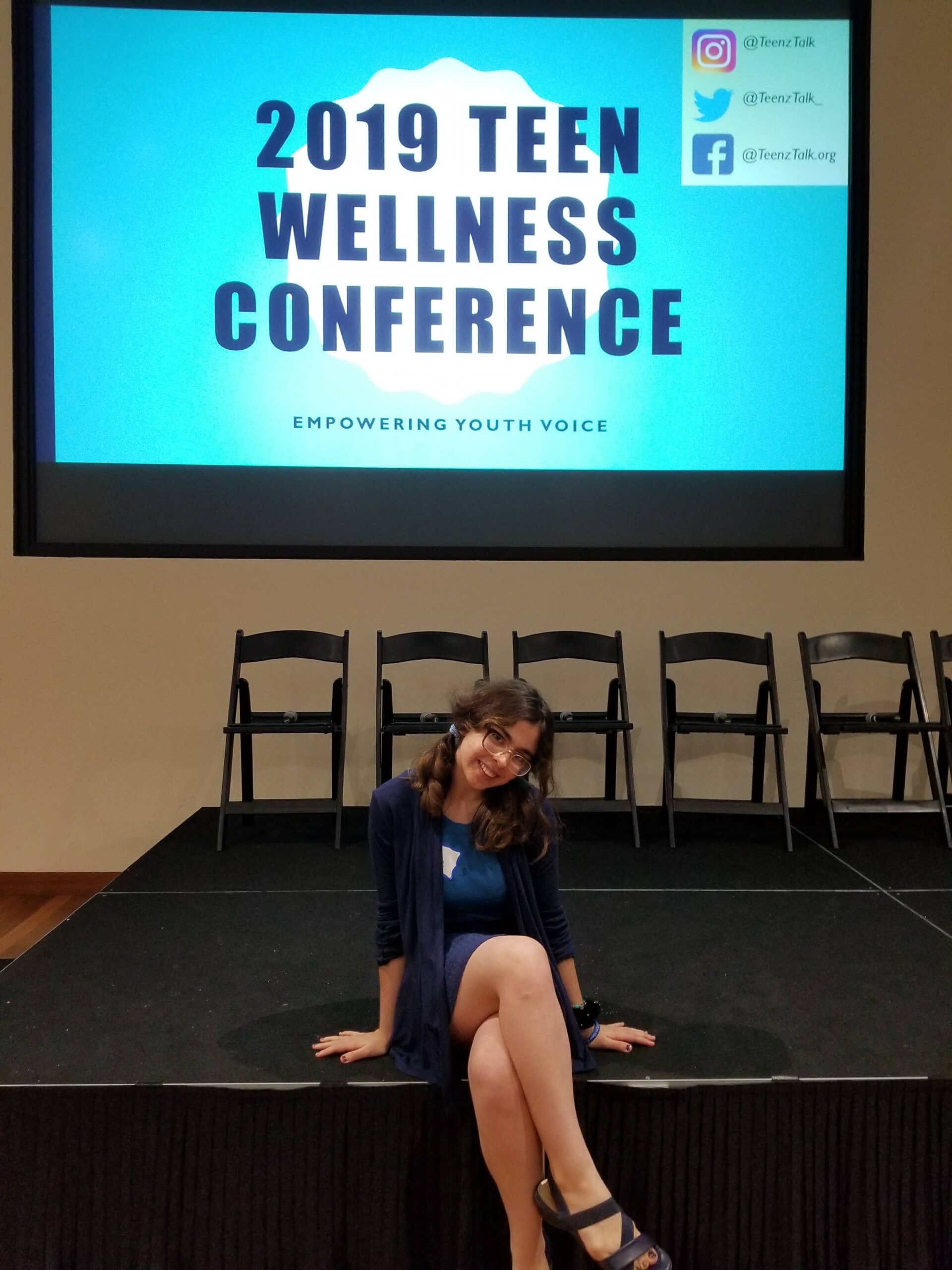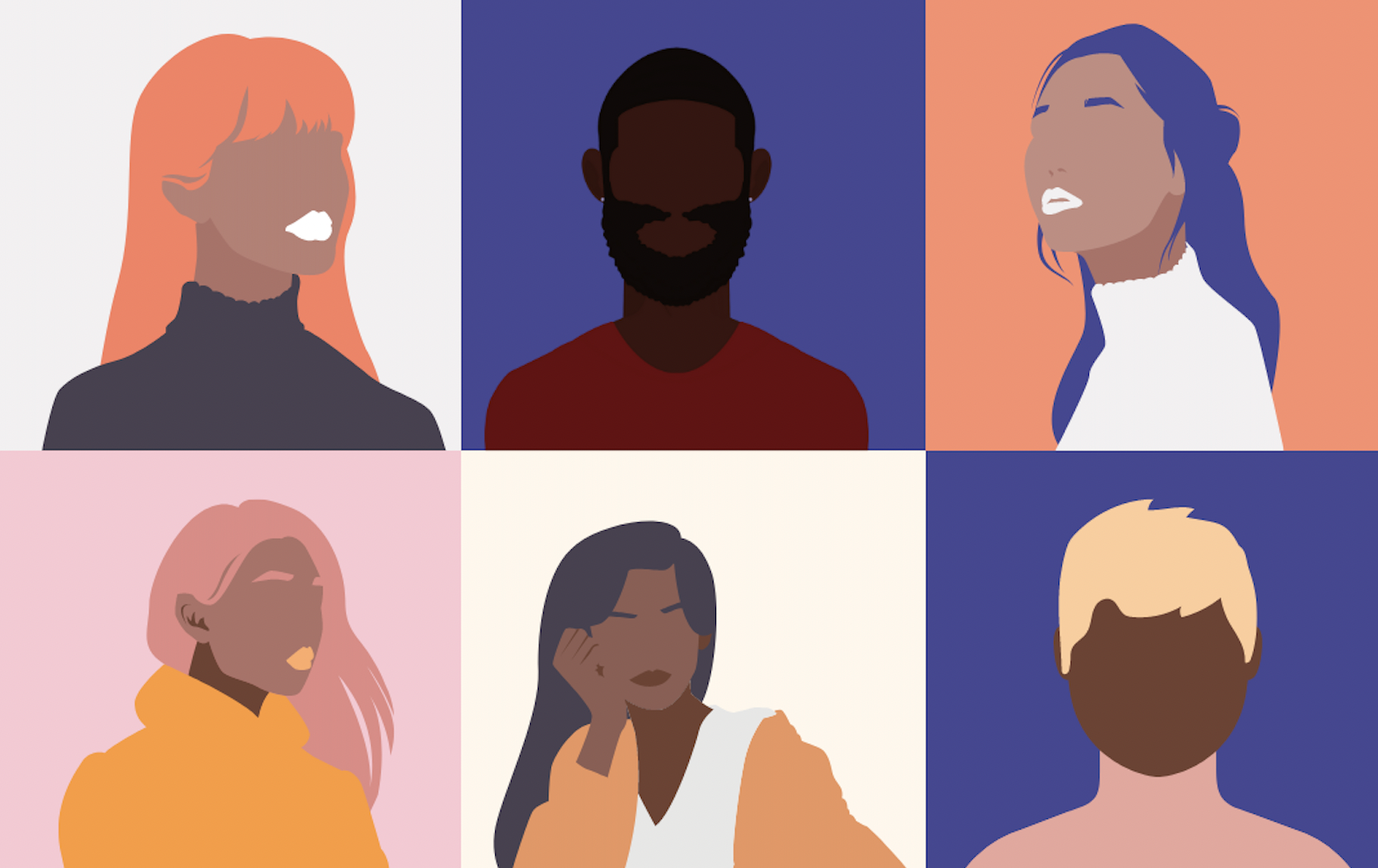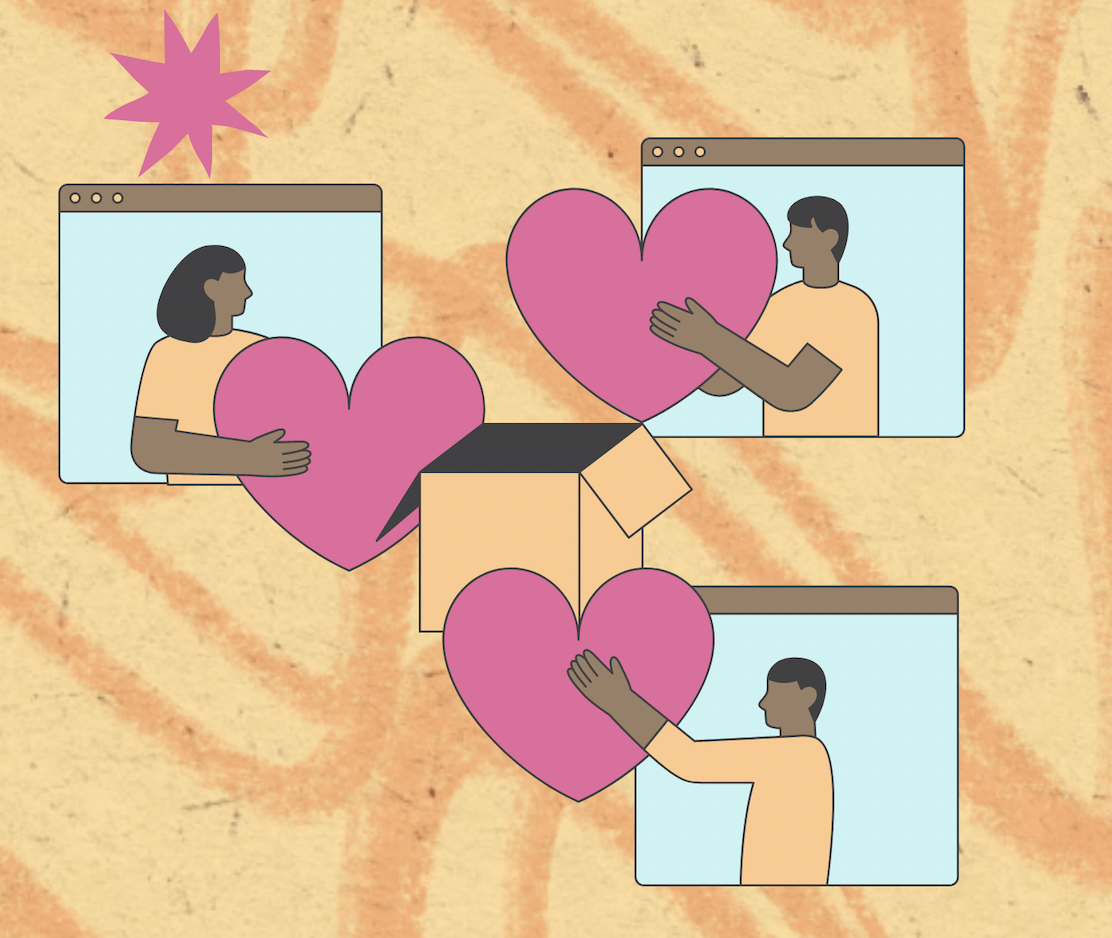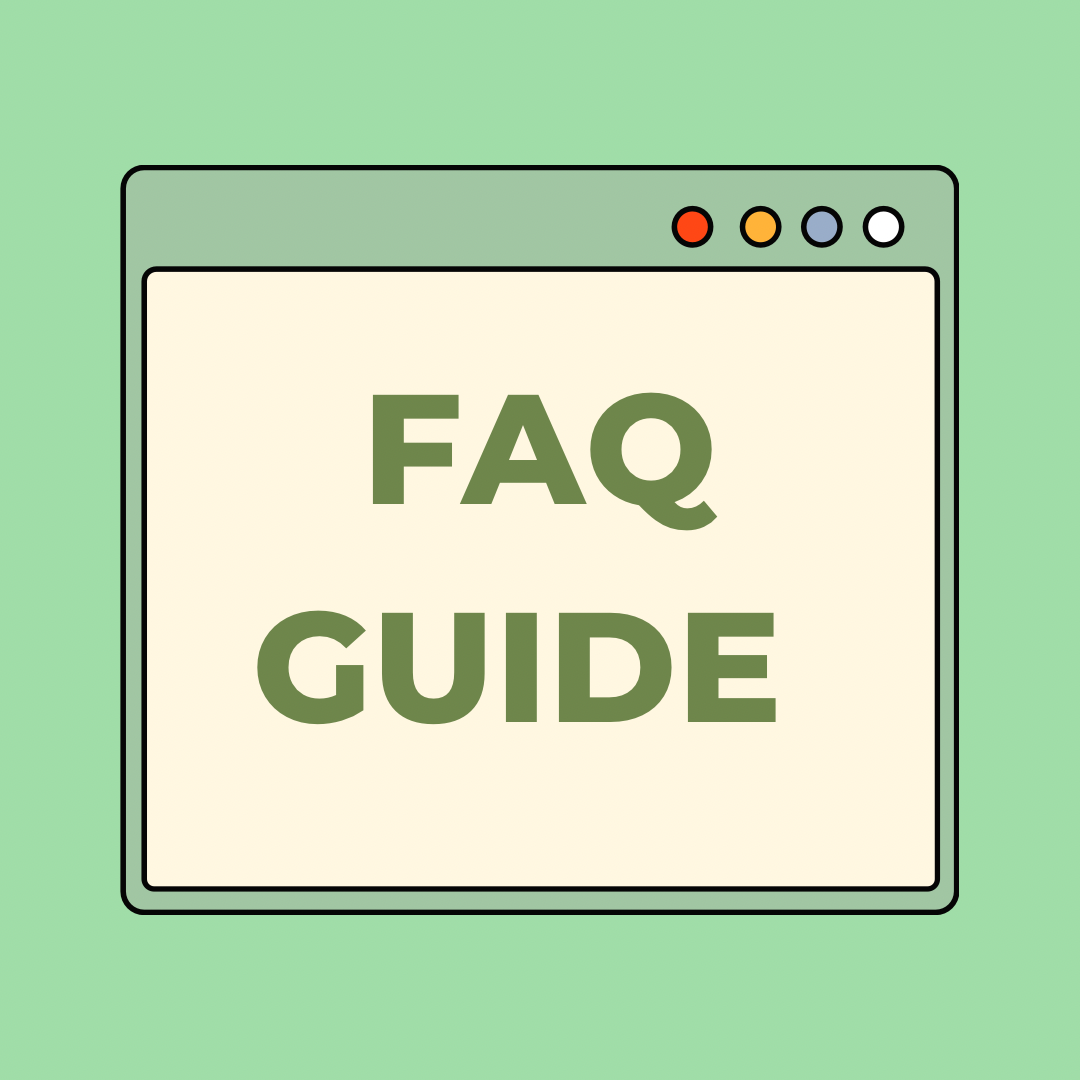It’s Cerebral Palsy Awareness Month, and I find it actually really ironically beautiful that it’s both my birthday month and my condition’s awareness month. I was technically supposed to be born in June. Oh how the universe works.
As a person with cerebral palsy, I can’t help but notice how the medical definition of it is incredibly oversimplified. Google it and chances are you’ll see a definition that reads something like: “A brain injury acquired before, during, or after birth which causes difficulties with movement and posture.”
I chuckle every time I read that.
My CP and the issues that have resulted from my birth and prematurity is so, so much more than the little kids with walkers some people think of, and for many people including myself, it’s really individual and multisystemic; and contrary to popular belief due to the fact that by definition I do have a brain injury, although it is possible to have intellectual impairment, my deficits are entirely physical–and severely so.
I’m not intellectually impacted at all – quite the opposite, actually. I have above average intelligence and a bachelor’s degree. However, I’m a quadriplegic. I don’t walk, and my medical history and ongoing health problems are absolutely wild. My neurologist (who is phenomenal) has been quoted in my case notes as saying that he sees me for a “multitude of neurologic concerns” besides just spasticity, like two different types of dystonia that is not only very painful affect nearly every area of my body—neck, eyes, jaw, vocal cords, arms, hands, legs, my feet, the works. Sometimes it’s so aggressive if it’s paroxysmal that to the untrained eye it looks like a seizure, but you’re awake for the whole thing. Ironically those hellish spells are treated with anticonvulsants. I also have other Parkinson’s-like symptoms and suspected epilepsy.
My lungs are affected by restrictive lung disease from my prematurity and lack of movement as a consequence of my CP.
Due to prematurity that ultimately resulted in my condition, my small intestine is scarred from resection surgery as a baby in the NICU, resulting in multiple mechanical small bowel obstructions and malabsorption of nutrients as an adult, with the latter likely due to exocrine pancreatic insufficiency causing interference with digestion processes.
My autonomic nervous system/brain sucks hard at regulating temperature, bladder function, blood pressure, and esophageal and intestinal motility, which can and has resulted in pneumonia from choking on my vomit as well as multiple long (like, weeks long) episodes of illeus (paralyzed intestines) and without treatment of chronic urinary retention which also causes chronic kidney and bladder infections, I would have most definitely sustained kidney damage.
My spine is curved, filled to the brim with metal top to bottom, and I have some pretty gnarly joint contractures and I’m missing my left hip. I’ve spent my whole life in and out of hospitals, and I was admitted nine times in 2022—all of which were acute. That’s not counting the dozens of other surgeries and multiple brushes with death I’ve had either.
But I wouldn’t change it and ultimately, to quote a favorite healthcare professional of mine, every case is different and “when you’ve met one person with cerebral palsy, you’ve met one person with cerebral palsy.” Each of us has dignity and worth to give to the world in our own way.
Yes it’s painful, yes it’s isolating, yes it’s scary. But while allowing myself to feel those emotions, I also recognize its beauty. So much of what I’ve gone through has made me who I am and helped me find anchors that connect me to the world that I’m not sure I’d have if I were healthy and able-bodied.
What do I want to see with the awareness of this condition going forward? Research, particularly for the adult population about how to improve health outcomes which is sorely lacking, and accessibility. More access to transportation, housing, job opportunities, and equity when it comes to how we’re treated in the healthcare system is not only key, but ultimately benefits our entire population as a whole. If you’re interested in learning more, check out United Cerebral Palsy or the Gillette Children’s Cerebral Palsy Institute.








